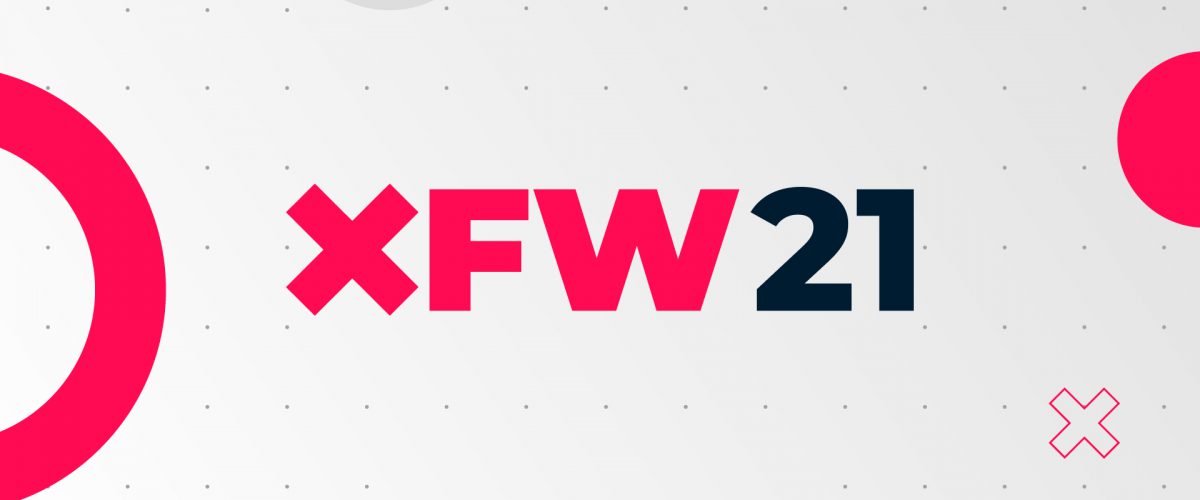This week’s fintech analysis and opinion piece has been marked by the topic of regulated cryptocurrency exchanges, female fintech market, QR codes in payment, risk controls, AML, banking & payment certification bodies, and regulatory changes in lending. Hear the latest fintech voices and have a great start of the week!
Regulated cryptocurrency exchanges: sign of a maturing market or oxymoron? (LSE)
Martin C.W Walker and Winnie Mosioma, writers at LSE, reviewed 16 leading exchanges to discover what regulated status for cryptocurrency exchanges means for investors. According to the authors, the existing regulatory framework is highly concerning, because cryptocurrencies lack people that are genuinely accountable for core processes such as transfers of ownership, trade validation and creation of cryptocurrencies. Read more
How Can We Tap Into the Female Financial Market? (Finovate)
Anette Broløs of Broløs Consult and Dr. Erin B. Taylor of Finthropology found that there are definite differences between what men and women look for in financial services. Furthermore, women seem to value these traditional services embedded in other services such as advice, impact solutions, education, mentorship, and networks more than men because they provide a more personal and social approach to finances. Thus, providing female-focused financial services isn’t just about value for money, but also focuses on culture, empowerment, creativity, and freedom. Read more
QR codes: What the West can learn from the East when it comes to payments (Altfi)
Justin Xiao, Chief Operating Officer Southeast Asia & Australia for Railsbank, explored a case for QR code adoption in payments and highlighted that QR codes, when decoded by smartphones, instantly capture the payment details to facilitate payment. This allows businesses to implement a truly contactless payment solution cheaply, quickly, and efficiently, without the need for card terminals and associated hardware. Read more
5 Best Risk Controls To Prevent Third-Party Data Breaches (Finextra)
Breana Patel, CEO & Thought leader in Bank Risk and Regulations at Bonova, identified the central problem for third-party data breaches, which is the lack of control over the vendors’ cyber-security framework. She proposed 5 solutions to tackle this challenge including analyzing the vendor’s cyber security risk, acknowledging vendor and access of data, monitoring vendor’s cyber security controls, improving security software and staff knowledge, and managing fourth party risk management. Read more
The sham and shame of AML (The Finanser)
Chris Skinner, an independent commentator at The Finanser.com, shared his view of AML which states that banks have to also get involved in regulatory frameworks, as governments now have the primary control over rules about who can bank and who cannot. The main issue underlined by Skinner is that currently, it is impossible to know whether the person opening an account is the person using the account. The issue arises not from identity management, but from behavioural analytics when it comes to tracking relationships. This is what PEPs (Politically Exposed Persons) is meant to track and trace but it doesn’t. Read more
Banking & payment certification bodies. What, why and how? (paymentscardsandmobile.com)
Reza Rahmani Fard, Head of Product Management at Fime, emphasized the clear potential for innovation and optimisation of global digital payments. As a result, players must first ensure the security and interoperability of new products and technologies to realize this value. A robust certification process is one way to achieve this. To set up a certification body, collaborating with an expert partner who can simplify the process from start to finish and help stakeholders avoid the mistakes of the past is one option. Read more
Implementation of regulatory changes in lending (Fintech Futures)
Radosław Bekanowski, product manager at Comarch, revealed that new EBA guidelines will come into force on 30 June 2021 and will tackle how to improve internal governance for credit granting and monitoring, loan origination procedures, pricing, valuation of immovable and movable property and monitoring framework. Apart from organisational and procedural changes, other important areas of adaptation are loan origination platform and other IT solutions. Read more
——
Do you have any news to share: please put feed@https://hollandfintech.com/ on your press list.
Curious to read and find out more from fintech? Then subscribe & read our full newsletters here: https://hollandfintech.com/featured/newsletters/. Stay tuned for more insights following up this week regarding news pieces.

